The campus card, also known as the student IC card or university card, is an essential tool for students, faculty, and staff members on any college or university campus. This card serves multiple purposes, from accessing academic resources to managing personal finances. In this article, we will explore the various uses of the campus card and how it simplifies the daily lives of those who use it.
1. Access to Academic Resources
The primary function of the campus card is to provide access to academic resources. This includes libraries, computer labs, lecture halls, and other facilities on campus. By swiping the card at designated entry points, users can gain entry to these areas and utilize the resources available. This system ensures that only authorized individuals can access these facilities, maintaining the security and integrity of the academic environment.
2. Meal Plan and Dining Services
Many campuses offer meal plans that allow students to enjoy meals at various dining locations on campus. The campus card serves as a meal card, allowing students to pay for their meals without carrying cash or other payment methods. This not only simplifies the payment process but also helps students manage their meal plan budget effectively.
3. Personal Finance Management
In addition to meal plans, the campus card can also be used to manage other personal finances on campus. For example, students can deposit money onto their card and use it to purchase items at campus stores, vending machines, or even for laundry services. This eliminates the need to carry cash or multiple payment methods, making it easier for students to keep track of their expenses.
4. Identification and Security
The campus card also serves as a form of identification for students, faculty, and staff. It typically includes the individual's name, photo, and other relevant information, allowing campus personnel to easily verify identity. This is especially important in emergency situations, where rapid identification can be crucial. Additionally, the card may also have security features such as RFID technology or barcodes that can be used for tracking and access control.
5. Additional Services
Some campuses may offer additional services through the campus card. For instance, students may be able to use their card to check out books from the library, reserve study rooms, or access special events and activities. The card may also integrate with campus transportation systems, allowing users to ride buses or other vehicles without the need for separate tickets.
In conclusion, the campus card is a versatile tool that simplifies the daily lives of students, faculty, and staff members on college and university campuses. It provides access to academic resources, manages personal finances, serves as identification, and offers additional services that enhance the campus experience. By utilizing the campus card effectively, individuals can make the most of their time on campus and enjoy a more convenient and secure academic environment.
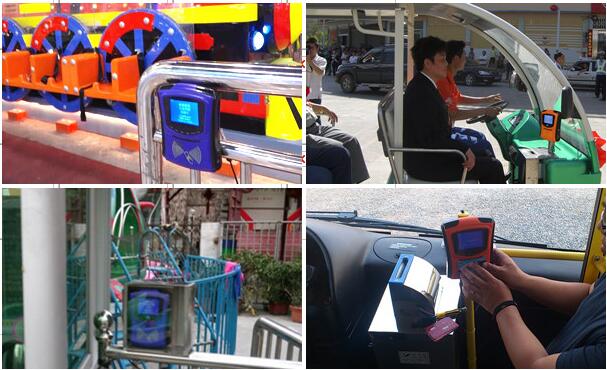
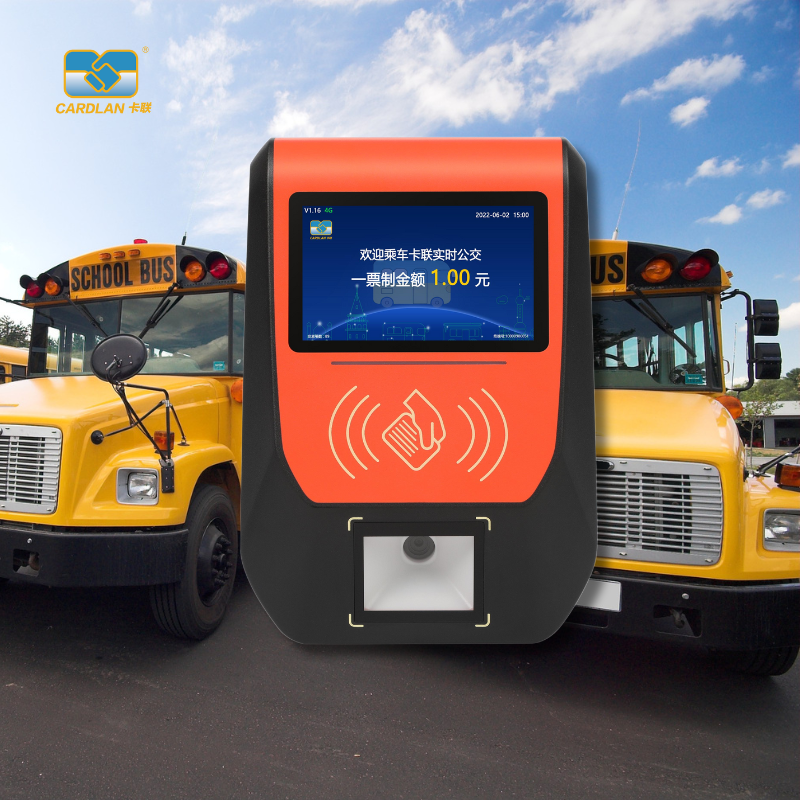 Cardlan Bus segment fare collection system
Cardlan Bus segment fare collection system
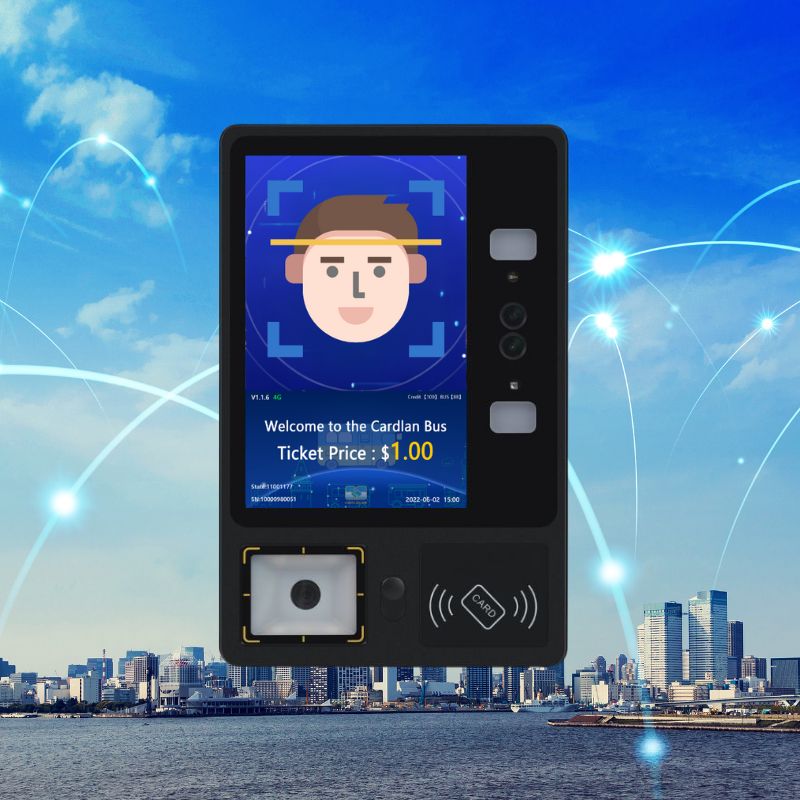 Cardlan bus card reader system
Cardlan bus card reader system
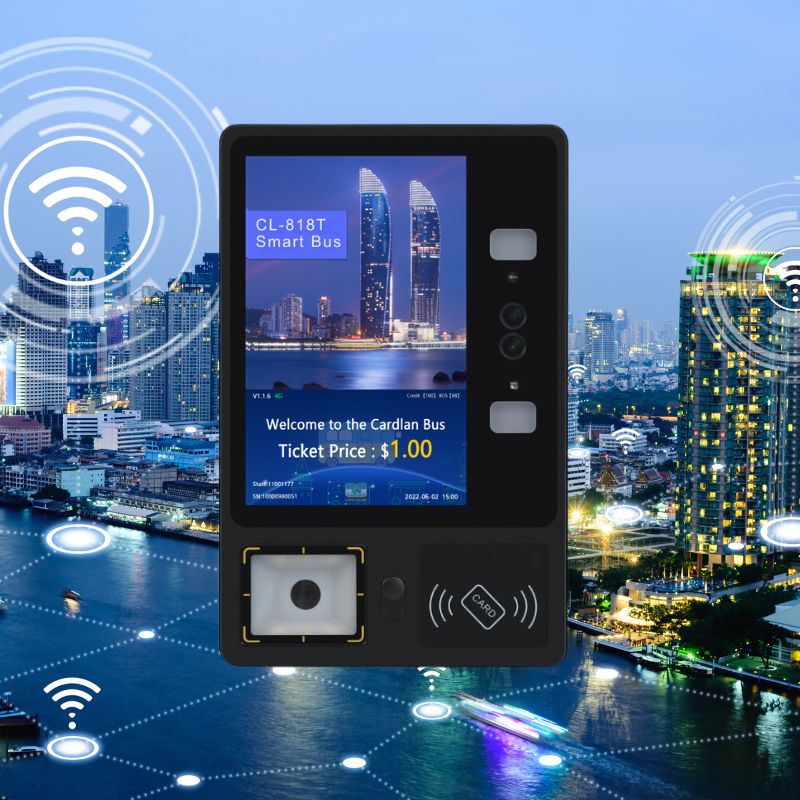 Cardlan Company: Strategic Deployment of Public Transportation Payment Products and Integrated Peripheral Devices (GPS Tracking, CCTV, Barriers)
Cardlan Company: Strategic Deployment of Public Transportation Payment Products and Integrated Peripheral Devices (GPS Tracking, CCTV, Barriers)
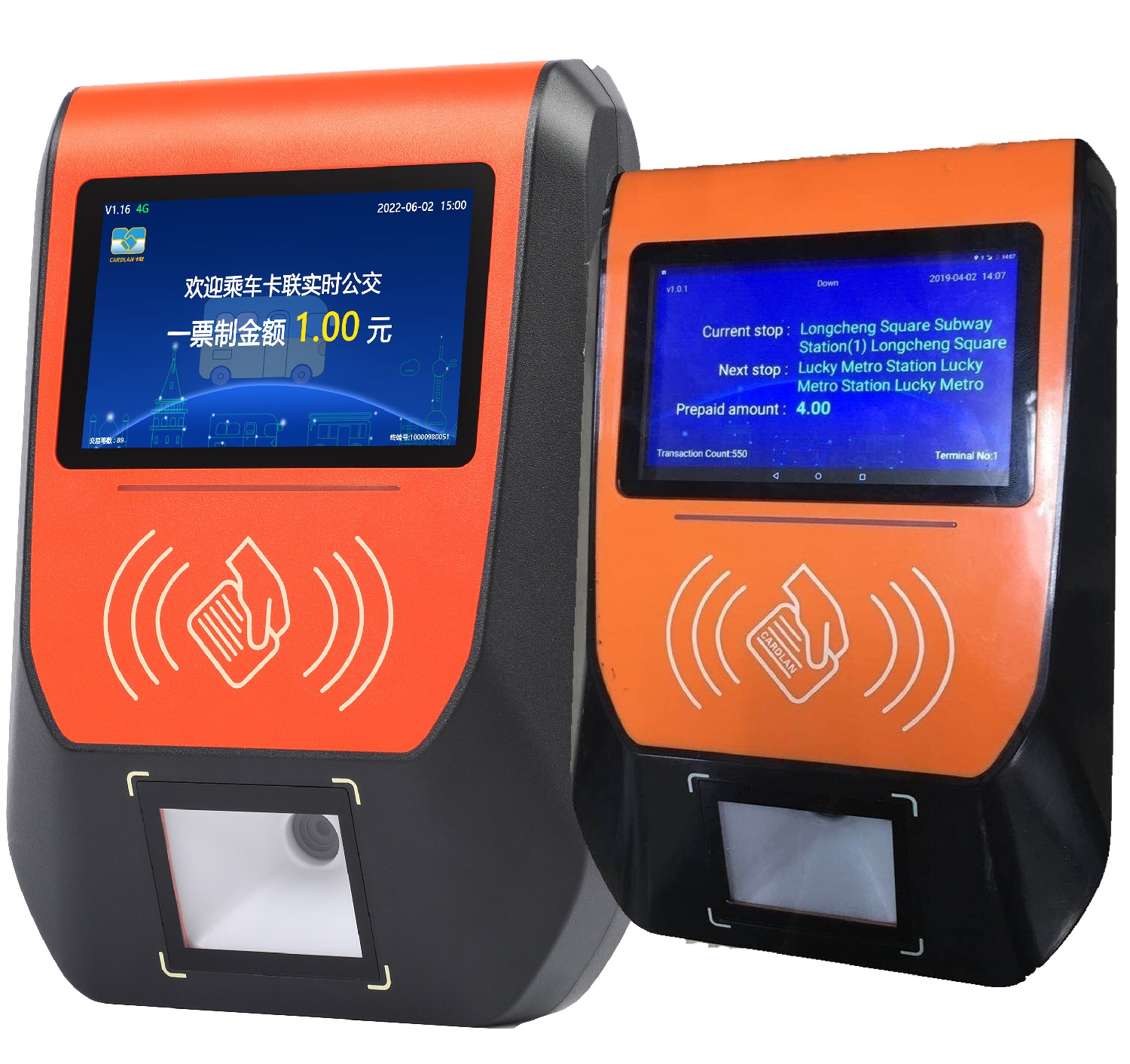 Cardlan 2026: Synergistic Innovation of Software Bus Fare System and Hardware OEM Production
Cardlan 2026: Synergistic Innovation of Software Bus Fare System and Hardware OEM Production